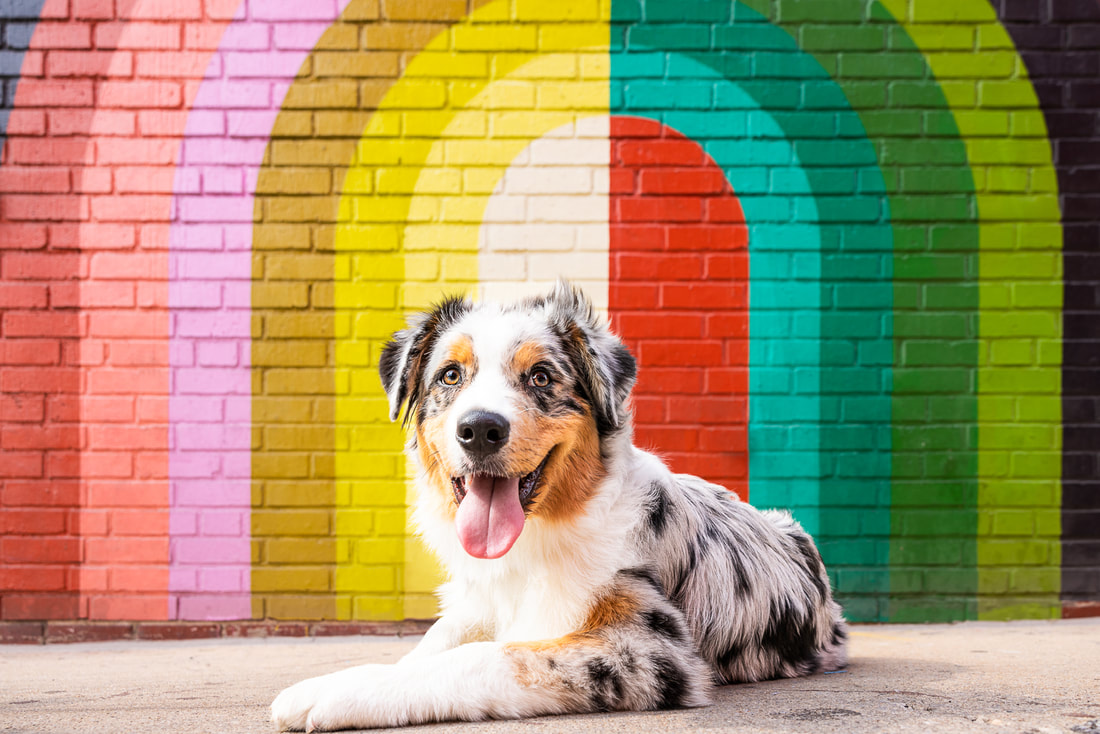We study how humans and other animals think, and what makes the human mind unique
The world is abuzz, populated not only with inert objects but also with agents, like humans and nonhuman animals, each acting according to their own goals, knowledge, and social ties. How do we render this dynamic world more predictable? In the Social & Cognitive Origins group, we study the cognitive and inferential mechanisms that enable humans and other animals to track, predict, and navigate their worlds, especially their social worlds. We are interested in the many cognitive mechanisms that support politics, morality, cooperation, and problem-solving, as well as the structure and format of thought.
Our research focuses, in particular, on humans, our very closest ape relatives, and pet dogs. By comparing humans with other apes, we can identify shared, evolutionarily ancient features of our cognition. Dogs provide a window into another kind of animal mind, one shaped by domestication and intense socialization with humans.
Our research focuses, in particular, on humans, our very closest ape relatives, and pet dogs. By comparing humans with other apes, we can identify shared, evolutionarily ancient features of our cognition. Dogs provide a window into another kind of animal mind, one shaped by domestication and intense socialization with humans.
